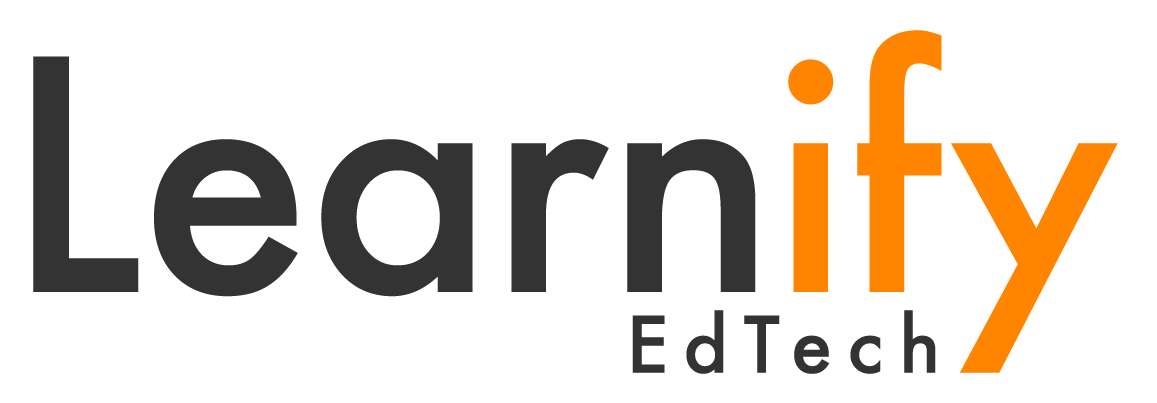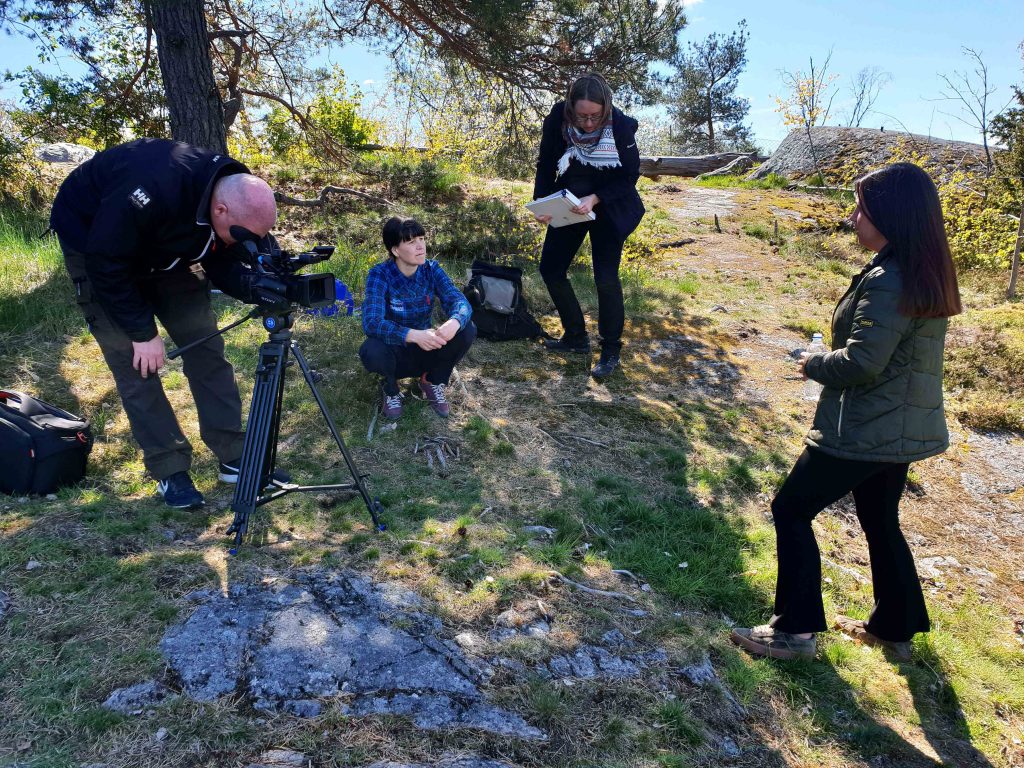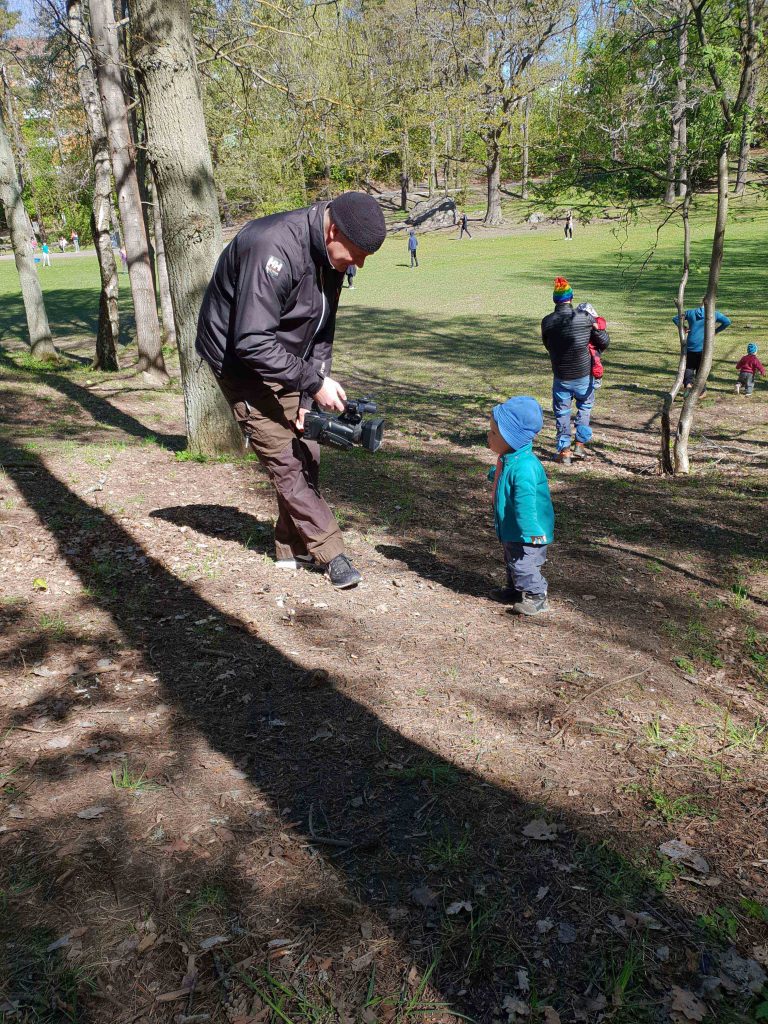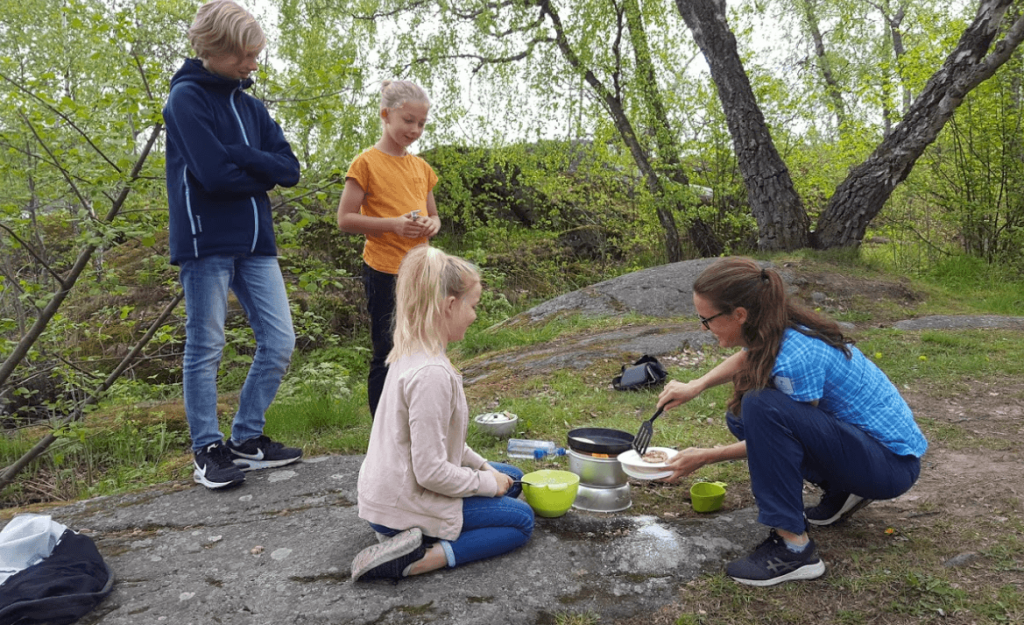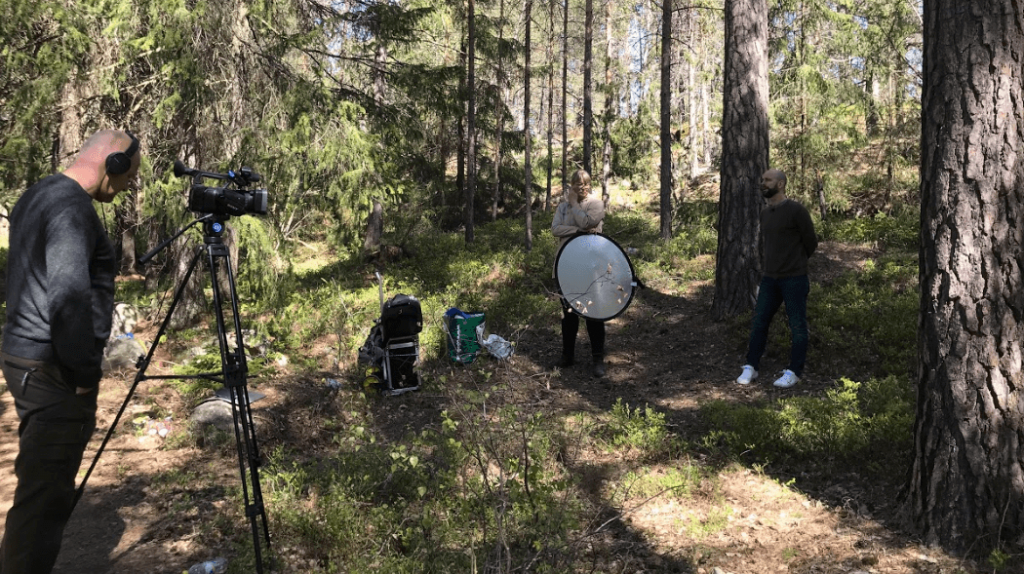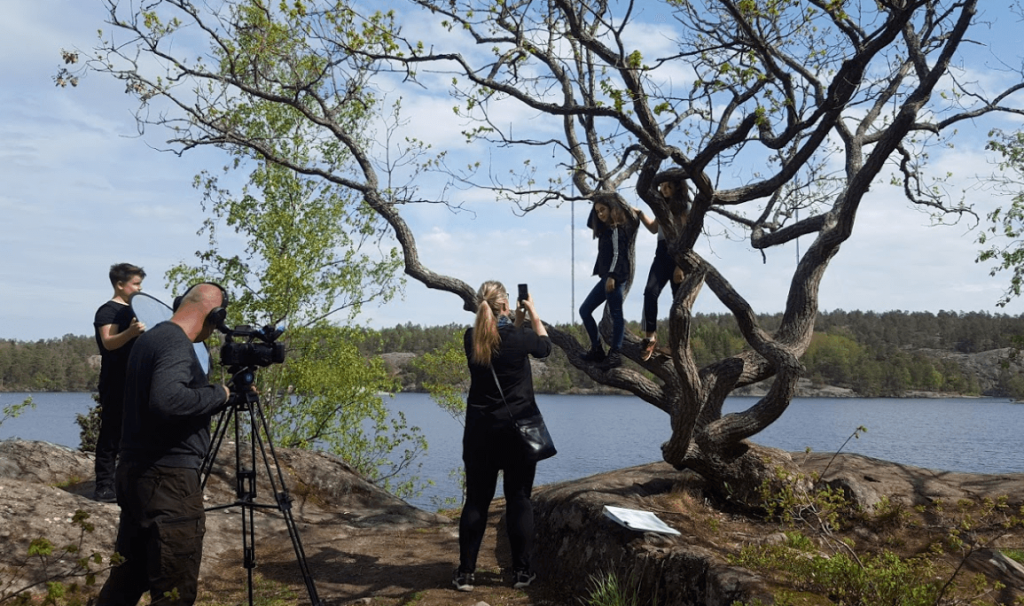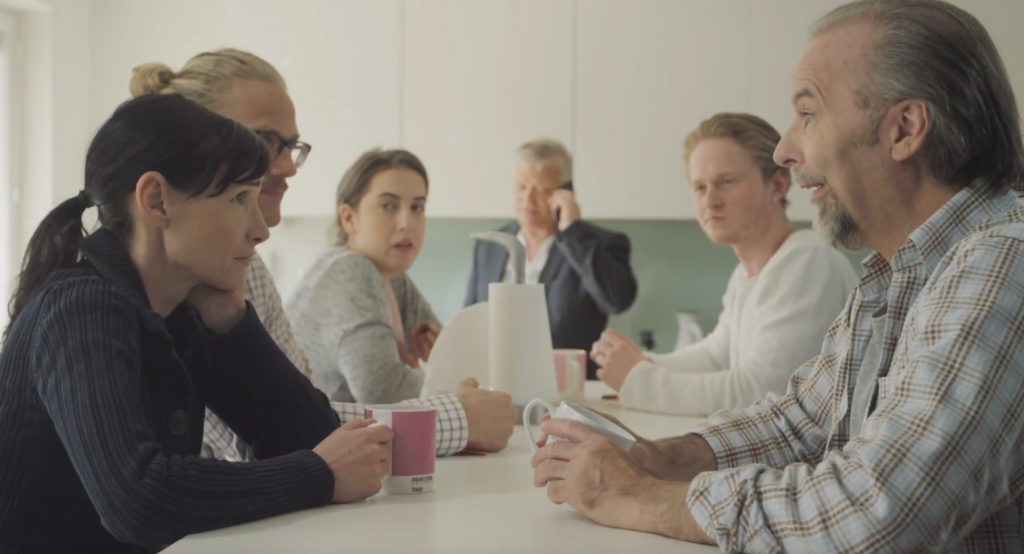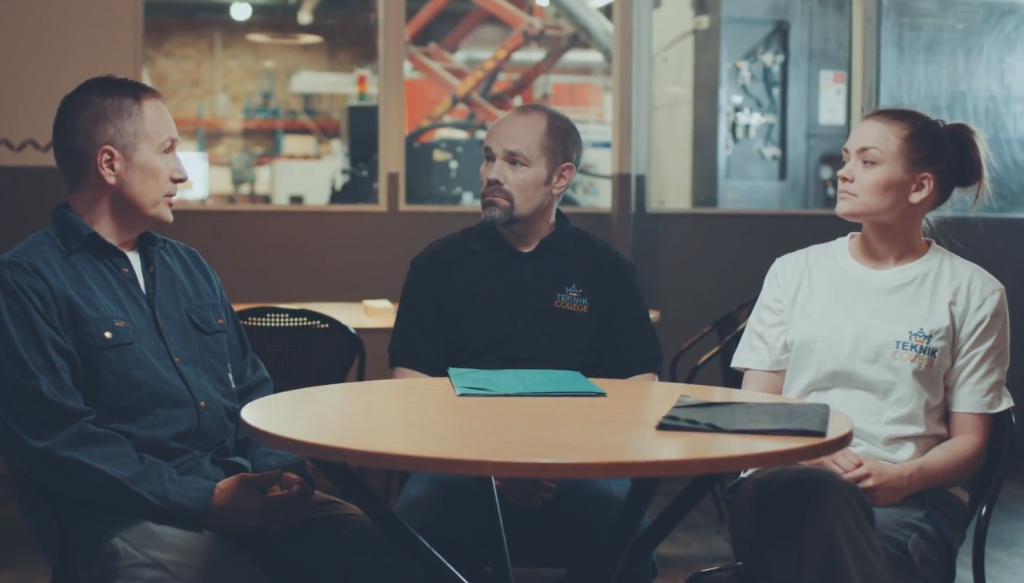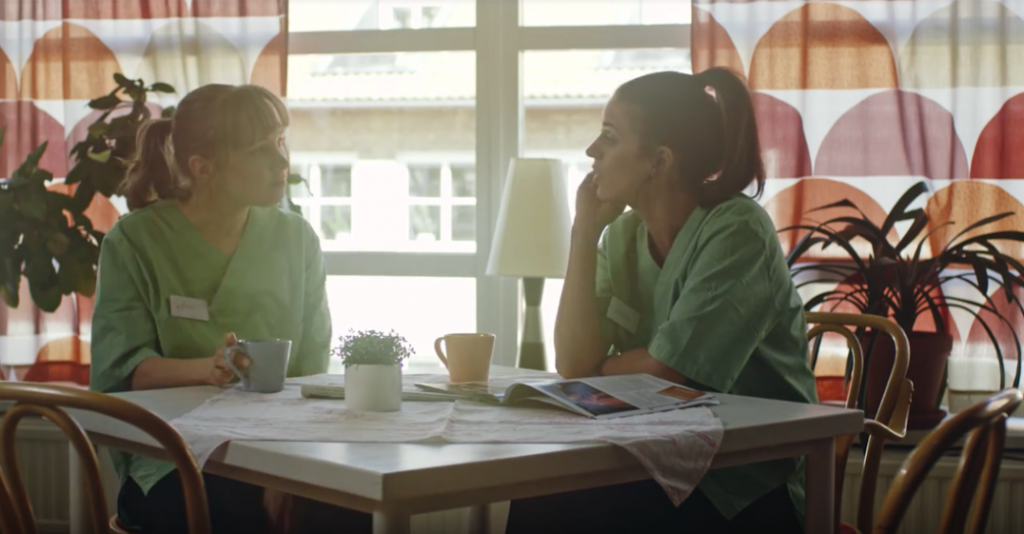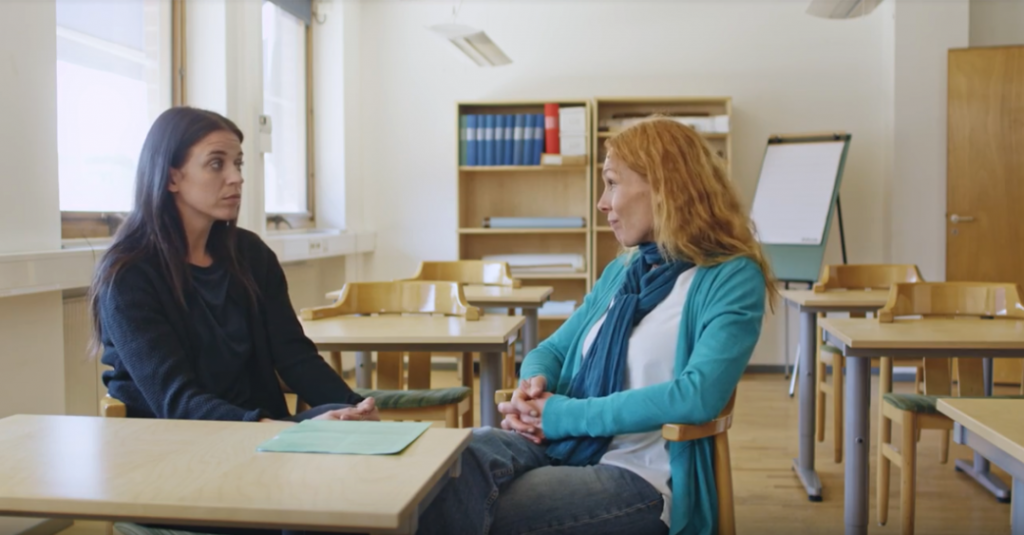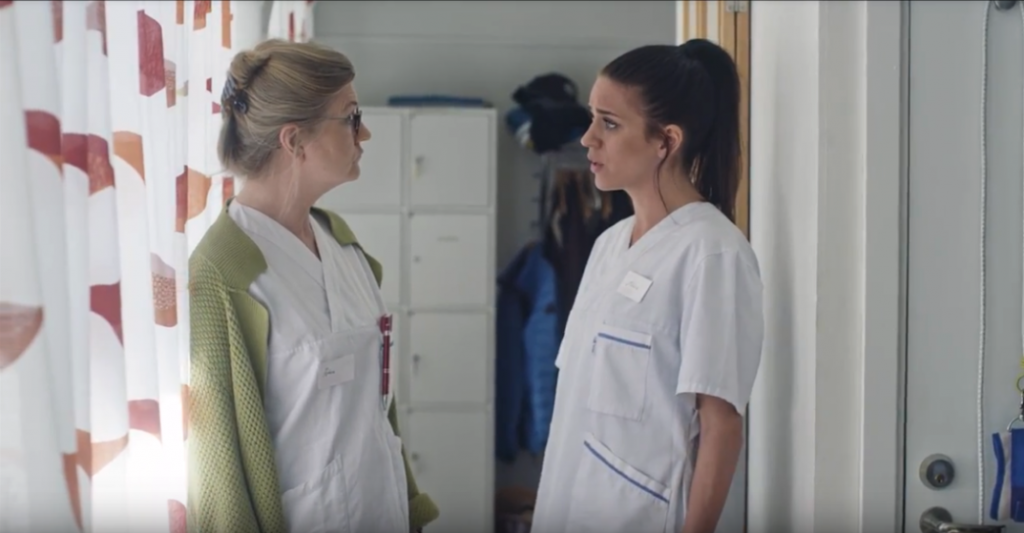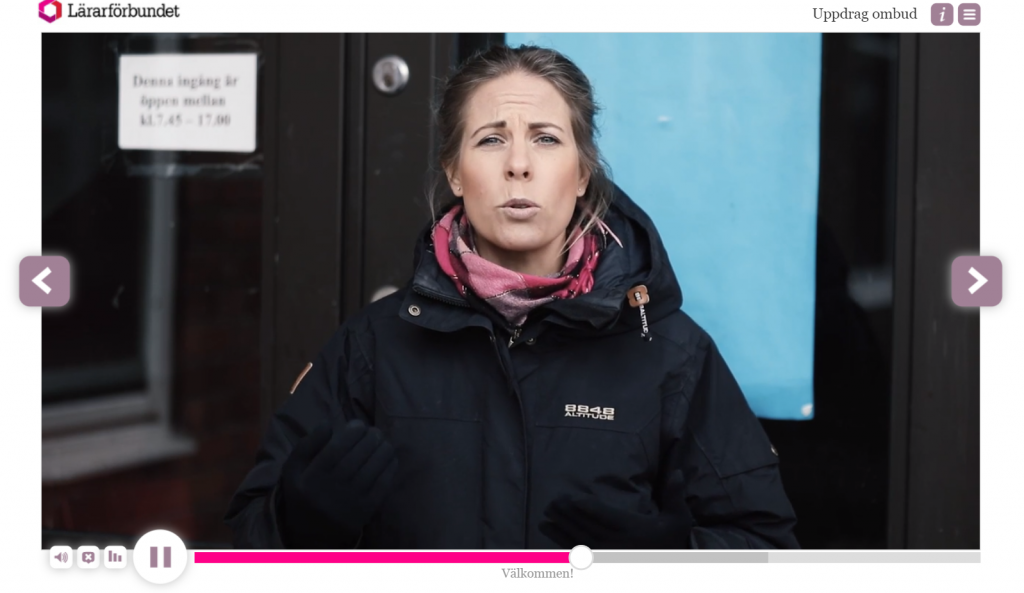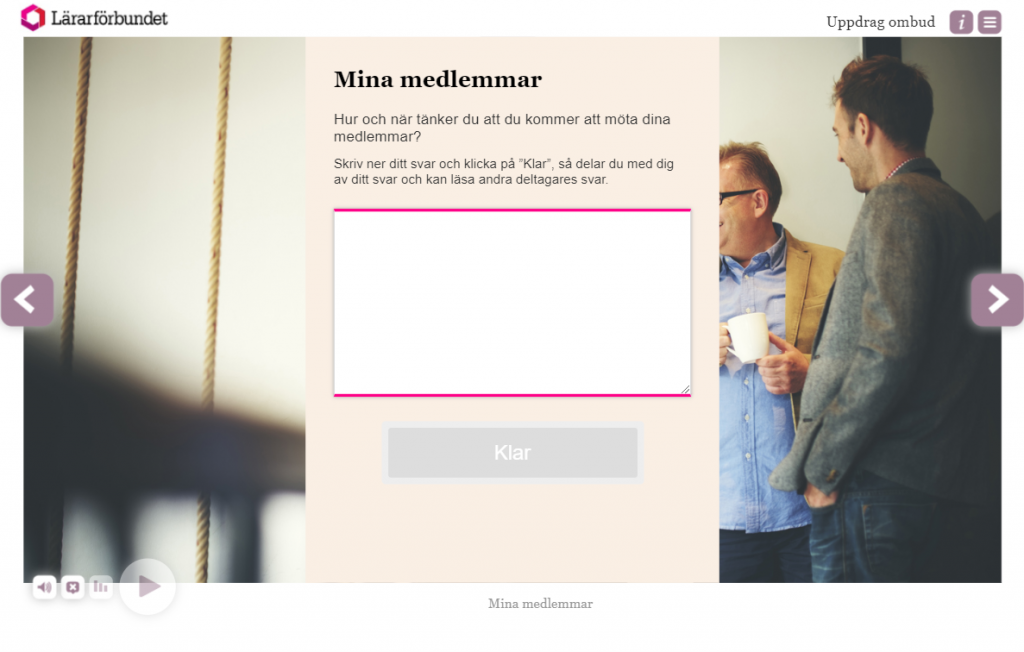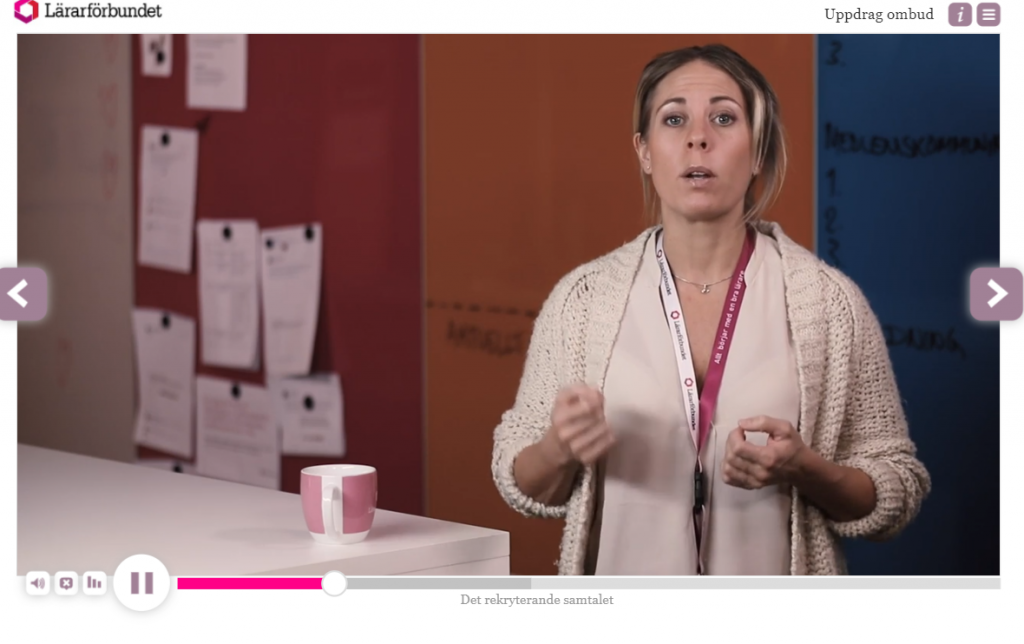Ever since the 1950s when Friluftsfrämjandet started guiding children out into nature, they have done so based on the child’s best interests. The Convention on the Rights of the Child is the basis for the approach that is necessary for Friluftsfrämjandet to be accessible to all children; an approach for children to get involved and influence in a business that is for the best interests of the children.
Friluftsfrämjandet’s program on the Convention on the Rights of the Child begins with activities from Friluftsfrämjandet and aims to provide leaders with strengthening knowledge and tools.
